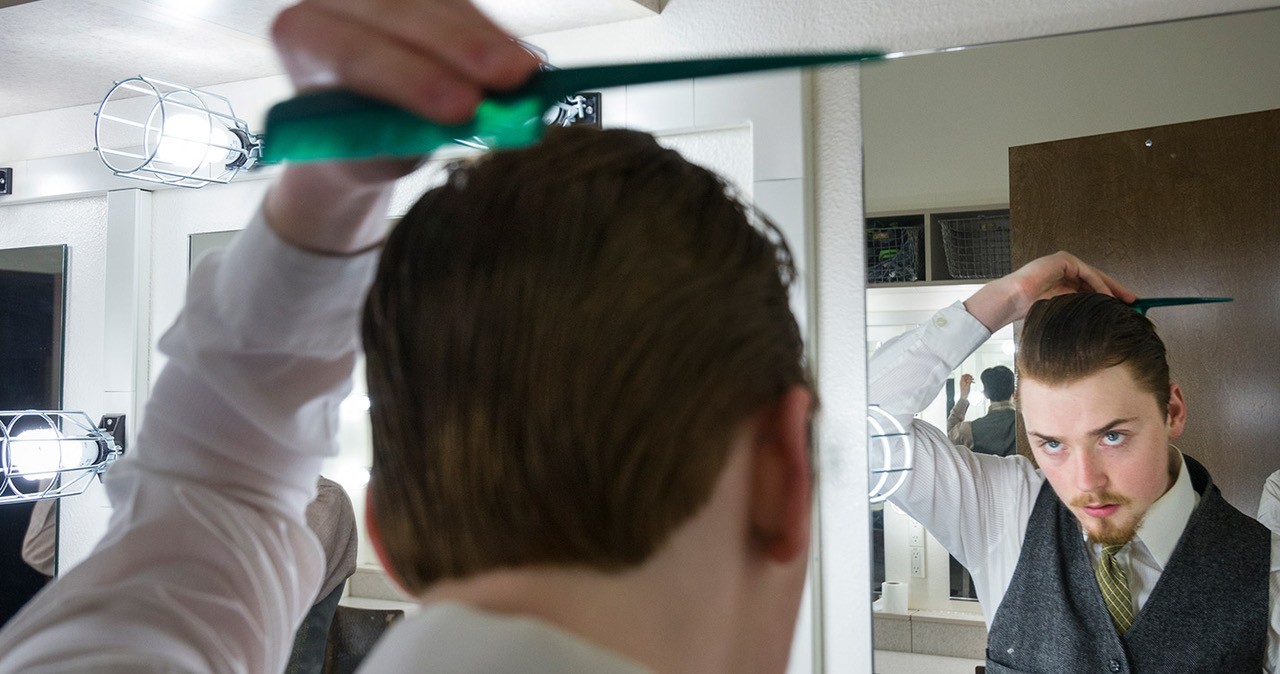Many colleges and universities, including Willamette, offer scholarships for serious theatre students.
Some schools require you to audition for acceptance into their theatre program. Whatever the case, you are going to want a strong audition to highlight your acting skills.
Here are a few guidelines to consider:
- Choose material that excites you and makes you want to perform. Your nervousness will decrease when you have a monologue that you can connect with and enjoy performing.
- Dramatic literature is a good choice, and be sure to read the whole play. Be sure your audition fits the time requirements — if they require a 2 minute audition, plan an audition that lasts 1 minute and 40 seconds.
- Study the monologue's meaning and understand the beginning/middle/end of the piece. Determine who you are talking to and what you want. Decide on your character's objective and find active verbs to articulate your actions.
- Stage your audition. Refer back to the beginning/middle/end structure of your monologue and find the physical journey your character will take. Find a minimum of two traveling moves and a maximum of three.
- Choose visual focal points to place your silent partner in the scene. If you are speaking to more than one person, place other characters accordingly so the auditors understand who you are talking to and when. Never talk directly to the auditor.
Most schools want to see your range in an audition and how you tackle at least one play with heightened language. Monologues from Shakespeare or classic Greek plays can be strong choices for heightened language. Be sure the two pieces contrast each other; the contrast can be in theme, character energy or genre.
- Once you have rehearsed your monologues, create a "transition" between the two pieces. A transition helps you "transform" from one character into the next. Move a chair, take off or put on a jacket — anything to help you transform. But remember: keep it simple and specific.
Finally, work on your introduction and the last moment. Rehearse the introduction as much as you rehearse your monologues. An example:
- "Hello my name is____________________, and I will be doing monologues from Lauren Gunderson's "I and YOU" and Shakespeare's "As You Like It."
The end of your audition is equally important as your introduction. When you say the last line, stay "in the moment" for at least 3 seconds more before you break the character. At the end of your performance, always thank the auditor.


